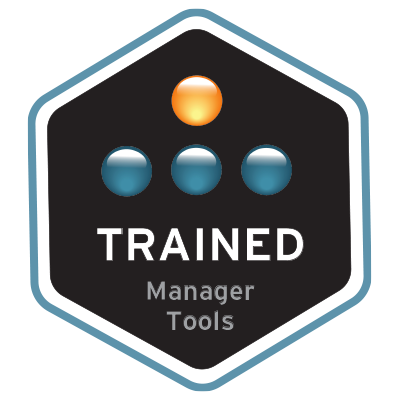

in
Forums
How do you manage very short term temporary teams, with few or no meetings?
I work for an extremely large retail business, and I'm likely to be taking time away from my regular team over the holidays to help out in one of our "Fulfillment Centres" (high tech warehouses). I'll likely be looking after a team of twenty or more seasonal hourly employees, under intense pressure for four to six weeks. The line can't ever stop for any reason, and I can't take employees -- or myself -- off the floor for any significant period of time to do O3's. The team will disband faster than the time frame for a typical Trinity rollout. They're hourly workers who know they'll be let go after the holidays, and while there's a minimum expectation that they'll let go if they don't meet, there's no incentive for high performance.
It looks like most of my usual tools for getting teams to perform well aren't going to be available to me. What do I do?



Here's what we do...
My company is similar in that we have a "busy season" (not the holidays) when we double our workforce and it's all hands on deck to get our product out. These teams of hourly (mostly minimum wage) employees don't work directly for me, but I have coached my team members in how to lead for quality and productivity. For team meetings, to keep people informed and aligned with goals, supervisors have a brief weekly meeting (10 - 15 min), as well as a very brief (5 min) stand up meeting at the start of each workday. Team members know upfront what is expected of them. We monitor production rates and give feedback several times a day, depending on the team and their activity, so they know in real time what their performance level is and if adjustments are necessary.
We also keep an eye out for star performers from the temporary employees we hire. When it comes time to lay off, it's not "last in, first out". We keep the people who have the most potential and will help our company succeed. Sometimes this means laying off a long term employee who is not performing, to keep one of the new hires who is. We had one temporary project last year where we hired 25 people for a three week period. We told them upfront that the project would end in three weeks, and that at that time we would begin hiring for another team, and would likely be keeping 5 - 10 of them. That team performed very well. If you have the ability to offer long term employment to ANY of your temporary workers, and you let them know that your company is always on the lookout for superior team members, that can be very motivating!
Finally, one part of the Trinity that you can and should do, is feedback, especially positive. Let people know from day 1 how they are doing. Even if the job is temporary, people want satisfaction and fulfillment when they come to work. Pay attention to what they are doing right, and acknowledge it.